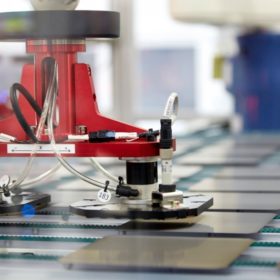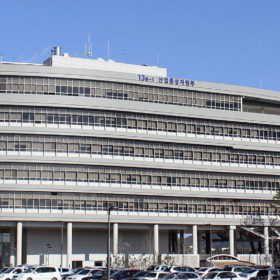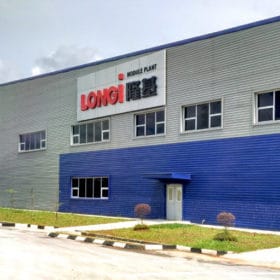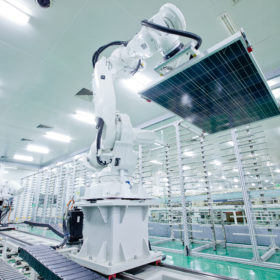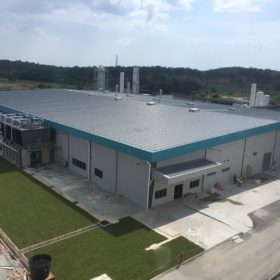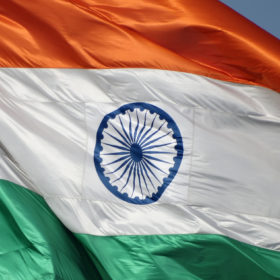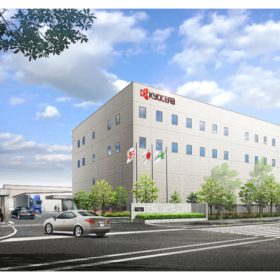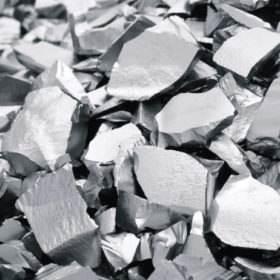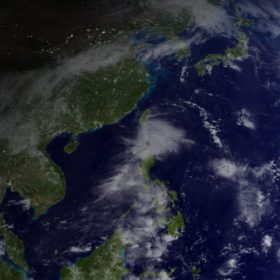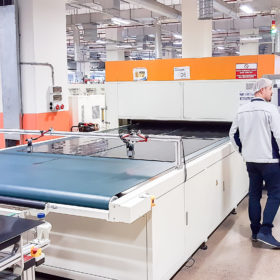Hanwha Q Cells expands Australian patent infringement lawsuit to include REC, BayWa r.e., Sol Distribution
The South Korean solar module maker has filed another claim with the Federal Court of Australia against Norwegian solar manufacturer REC Group, as well as PV distributors BayWa r.e. Solar Systems and Sol Distribution, for distributing products that allegedly infringe on its patents.
South Korea to prioritize PV projects with low carbon footprint, high-efficiency modules
The Korean government is planning to introduce new rules for carbon footprint certification, minimum efficiency levels and industrial standards for solar and wind energy. The measures are intended to make the domestic renewable energy industry grow while securing sustainable competitiveness, the administration said.
Longi rejects Hanwha Q Cells allegations and provides details on patent issue
The Chinese monocrystalline module maker said it had not been notified of the legal action by its Korean rival. Longi claimed there is considerable uncertainty over the validity of the patents at the root of the lawsuits, which the Chinese defendant says relate to ALD technology. Longi says it uses PECVD technology for cell production.
Jinko says Hanwha Q Cells lawsuits are without technical or legal merit
The Chinese module maker “categorically refutes” allegations made by its rival that it is using Hanwha’s passivation technology on its solar cells. Jinko added, it does not expect any disruption to normal operations as a result of the lawsuit.
1366 Technologies and Hanwha Q Cells to open wafer factory in Malaysia
The U.S. wafer maker and the Korean module manufacturer expect to ramp the Malaysian factory no later than September. The fab is next to Hanwha’s existing cell and module facilities and 1366 Technologies plans to produce its Direct Wafers on a gigawatt scale for less than $0.20 per piece.
India slaps anti-dumping duty on east Asian EVA sheets
Following a petition by domestic PV panel manufacturers, India’s Directorate General of Trade Remedies has recommended the imposition of duties ranging from $537-1,559/metric ton on solar ethylene vinyl acetate sheets imported from China, Malaysia, Saudi Arabia and Thailand.
LG solar business affected by panel price falls as Kyocera reports poor results for PV sales
South Korean manufacturer LG said import tariffs and panel price depreciation led to lower profit for its B2B division. Japanese electronics company Kyocera saw the revenue of its Life & Environment Group fall by 26%, year-on-year, in the first nine months of the current fiscal year.
South Korea kicks off polysilicon duty talks with China
South Korean government urged China to lift import measures against its polyisilicon. China imposed duties on polysilicon from South Korea and the United States in July 2013.
PV Market Alliance expects 120 GW of new solar capacity in 2019
The global market stagnated last year, with around 98 GW deployed. For 2019, the experts expect stronger solar growth, provided there are no setbacks in China.
PI Berlin: Asia leading the way for module quality
Quality assurance provider PI Berlin has found the solar industry has made significant improvements to module quality in the past six years and that, perhaps surprisingly, manufacturers in China and South East Asia are setting the standard by producing higher quality modules, on average, than other regions.
